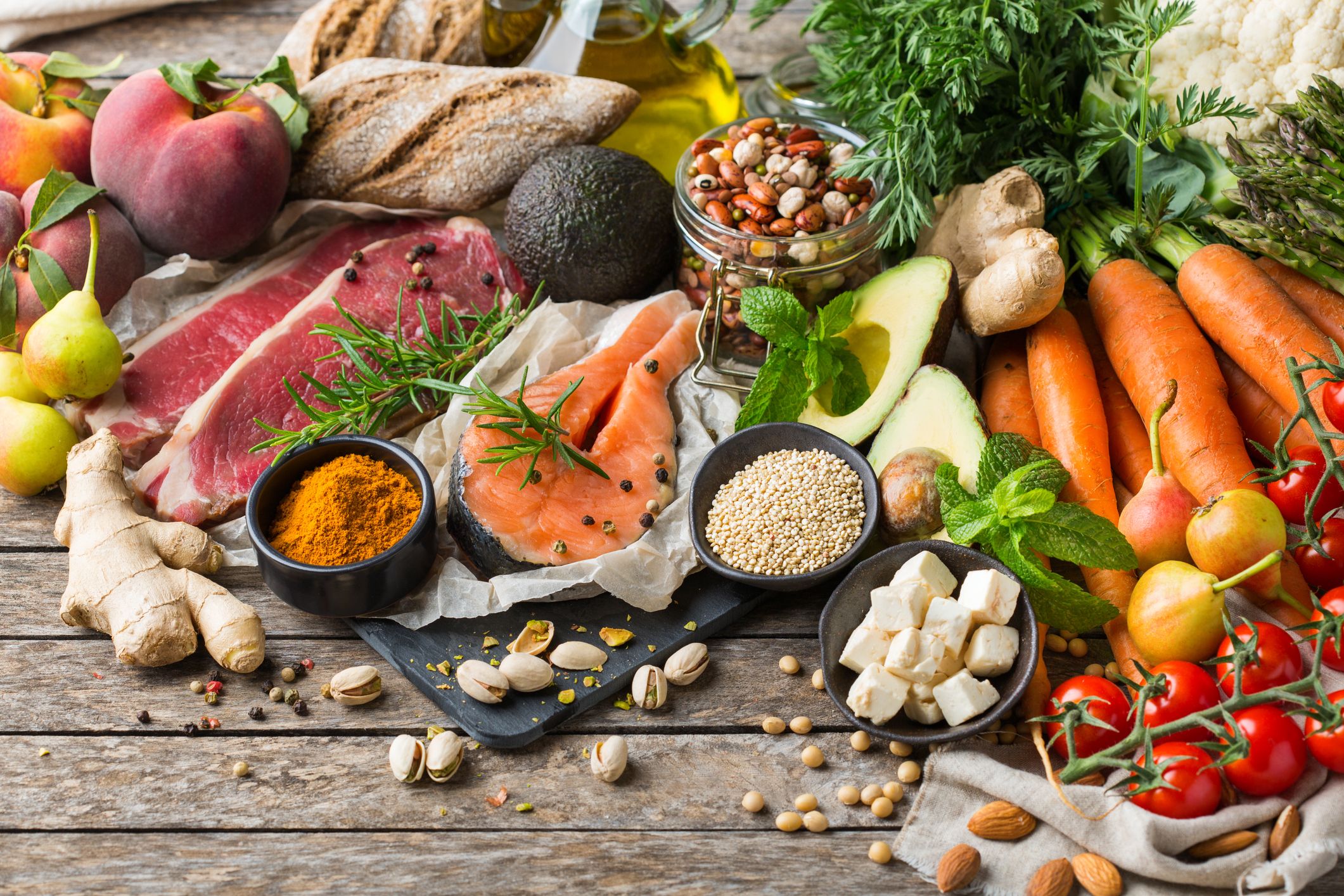
A secret to survival amid rising global temperatures could be dwelling in the tidepools of the U.S. West Coast. Findings by University of California, Irvine biologists studying the genome of an unusual fish residing in those waters offer new possibilities for humans to obtain dietary protein as climate change imperils traditional sources. Their paper appears in Proceedings of the Royal Society B.
The fish, Cebidichthys violaceus, is colloquially known as the monkeyface prickleback. With an acidic stomach and small and large intestines, it has a digestive system similar to that of humans. The monkeyface prickleback is among just five percent of the 30-thousand fish species that are vegetarian, nourishing themselves only with the specialized algae in the tidepools where they live.
This characteristic captured the attention of Donovan German, associate professor of ecology & evolutionary biology, researcher Joseph Heras and colleagues. They wanted to figure out how the monkeyface prickleback survives on a food source containing a low level of lipids, which are essential for all living beings. By sequencing and assembling a high-quality genome for the fish, the team discovered the secret.
"We found that the monkeyface prickleback's digestive system is excellent at breaking down starch, which we anticipated," said German. "But we also learned it has adapted to be very efficient at breaking down lipids, even though lipids comprise just five percent of the algae's composition. It is a compelling example of what we call 'digestive specialization' in the genome."
With climate change making the raising of livestock less sustainable, the discovery holds promise for developing new sources of protein for human consumption. In particular, it could be important for aquaculture, which is a possible alternative but is contending with the issue of what to feed the fish being raised.
"Using plant-based food ingredients reduces pollution and costs less," said Heras, the paper's first author. "However, most aquaculture fish are carnivores and can't handle plant lipids. Sequencing this genome has provided us a better understanding of what types of genes are necessary for breaking down plant material. If we scan additional fish genomes, we may find omnivorous fish with the right genes that could provide new candidates for sustainable aquaculture."
The monkeyface prickleback grows to as much as three feet long and six pounds in weight. It can live on land for up to 37 straight hours, thanks to the ability to breathe above water as well as under. In the past decade, it has become a culinary delicacy, appearing on plates in a number of high-end restaurants. Its flavor belies its imposing appearance.
"The taste is actually delicate and mild," said German.










No comments:
Post a Comment